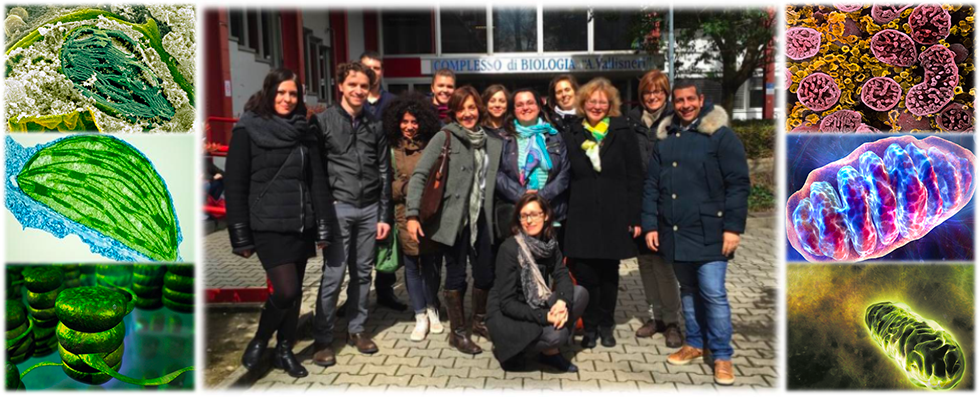
Considerable information is available in the rapidly developing field of ion channels about the molecular identification and biophysical characterization of ion channels in the plasma membrane, while relatively little is known about organellar channels, a topic of interest in the group. In particular, ion channels seem to regulate important processes in both ATP-producing organelles: mitochondria and chloroplasts. For example, the molecular identification of a mitochondrial potassium channel led to the elucidation of its central role in apoptotic signalling in lymphocytes and to an efficient and selective killing of cancer cells in vivo, via pharmacological targeting of cancer cells expressing the channel. Likewise, recent discovery of identity of the mitochondrial calcium uniporter is expected to lead to further understanding of its role in various cellular processes. In plants, ion channels of both the chloroplast inner envelope and the thylakoid membranes are thought to participate in the regulation of photosynthesis, an essential physiological process. Genetic evidence supporting this hypothesis has recently been obtained in photosynthetic cyanobacteria and higher plants. Elucidation of the molecular mechanisms which regulate photosynthesis might lead to practical benefits in the future. In summary, the aims of the running projects in the laboratory are to provide decisive information about the involvement of mitochondrial and chloroplasts ion channels in the regulation of bioenergetic and related processes by comparing activities in wild-type and mutant organisms, bearing deletions or mutations of genes encoding organellar channels.













